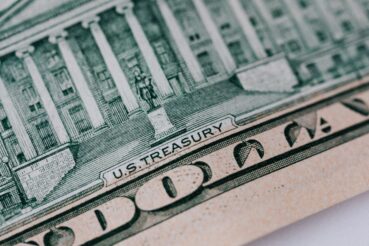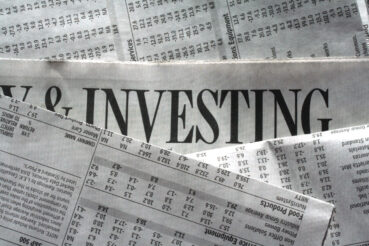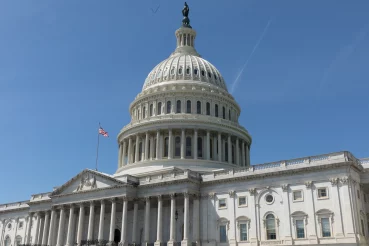It has been a rough year, with equity markets down more than 20% and “low-risk” bond markets registering low double-digit losses. The S&P 500 dropped 16.1% for the quarter and is now down 20% for the year, after being down as much as 24% through mid-June. Foreign stocks fared slightly better, with Developed international markets (MSCI EAFE Index) down 14.5% for the quarter and 19.6% YTD. Emerging Market (MSCI Emerging Markets Index) stocks held up a bit better, dropping 11.4% for the quarter, and down 17.6% YTD.
Core investment-grade bonds were pummeled again in the second quarter, with the benchmark Bloomberg U.S. Aggregate Bond Index (the “Agg”) dropping 4.7%. This puts the “safe-haven” Agg down an incredible 10.3% for the year to date — its worst first-half ever.
Taken together with the equity bear market, this is the worst first-half performance for a traditional “60/40” balanced portfolio (60% S&P 500/40% Aggregate Bond Index) in modern history, down 16.1%. Value and Growth styles of investing continue to fight each week to see which will outperform the other. Through mid-year, value investing has held up considerably better.
Investment Outlook
Over the past few months, the economic backdrop has worsened with sustained high inflation and slowing growth, as the Federal Reserve and other global central banks aggressively tightened monetary policy. An economic growth slowdown in the U.S. (and abroad) is all but certain this year, and the risk of recession over the next 12 months continues to rise.
The ideal outcome would be the elusive “soft landing,” in which inflation is subdued without causing a recession. But the simple economic cause-and-effect influenced by the Fed’s toolkit assumes the supply side of the economy remains steady. However, this has not been the case due to (1) the Russia/Ukraine war’s impact on energy and agricultural commodities, and (2) COVID-related supply chain disruptions. We expect (hope) these shocks will recede with time. But the Fed can’t do anything about them. Soft landings are extremely elusive, due to the difficulty in fine-tuning a complex multi-faceted economy with only a central bankers’ blunt tools available.
We are optimistic that should the U.S. economy fall into a recession, it is likely to be a more “normal” type of cyclical recession rather than like the 2008-09 financial crisis, the 2000-2002 dotcom bubble bust, or the 2020 COVID recession.
We have never been in the business of making short-term predictions, but nonetheless believe it is prudent to be prepared for more downside for the stock market over the next several months or quarters. If that happens, we’re more likely to be buyers rather than sellers, and will look to increase our exposure to equities at more attractive prices. On the other hand, if the economy avoids recession (for now) and the markets rebound, we are well positioned to benefit as well. Please contact your Isaacson advisor with any specific questions. As always, we appreciate your confidence, business and friendship.





